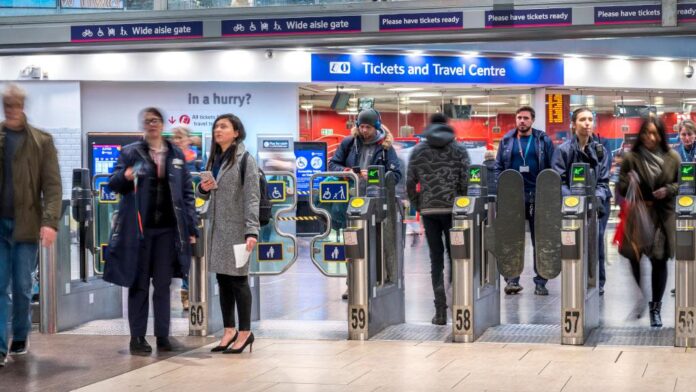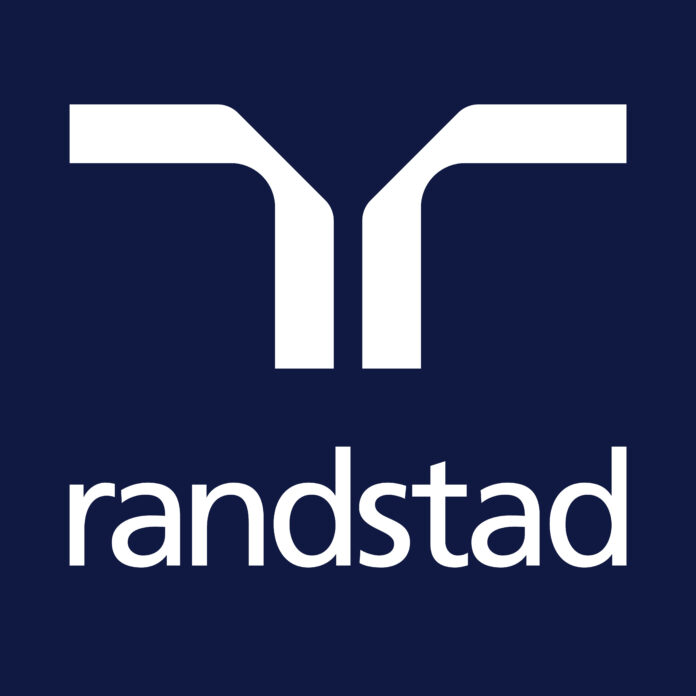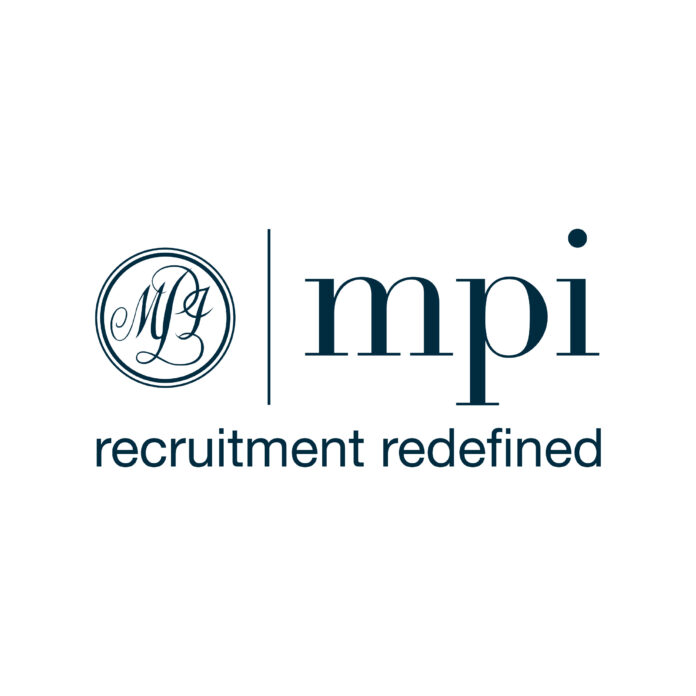The Office of Rail and Road (ORR), the independent rail regulator, has released a comprehensive report recommending significant improvements to how the rail industry handles revenue protection. The report advocates for a more consistent, fairer, and effective system, addressing concerns raised about the enforcement of ticketing rules.
Commissioned by the government, the in-depth review concludes that the current system is failing to adequately serve passengers, train operators, and taxpayers alike. The ORR’s findings highlight several key areas for improvement:
- Inconsistency across the network: The ORR found “significant inconsistency in approaches to revenue protection across the network, leading to very different outcomes for passengers.”
- Lack of clear passenger information: There are “clear areas where better information would help passengers buy the right ticket, and where they need to understand their rights; plus what options they have if action is taken against them for suspected fare evasion.”
- Scope for improved fairness: The report identifies “scope to improve fairness for passengers making honest mistakes, while helping the industry better address fare evasion, and deal with those who attempt to defraud the railway.”
Fare evasion is a serious issue, costing Britain’s railway hundreds of millions of pounds in lost revenue each year. While train operators have intensified their revenue protection efforts in recent years, safeguards to ensure passengers are treated consistently and fairly during enforcement actions have not kept pace.
The ORR’s extensive investigation delved into the root causes of passengers travelling without a valid ticket and the industry’s response. The report outlines targeted recommendations to address these issues:
- Make buying the right ticket simpler and easier: Provide passengers with clearer information about ticket conditions or restrictions, such as permitted routes, time limitations, or the use of railcards, to reduce confusion and unintentional errors.
- Strengthen consistency in how passengers are treated when ticket issues arise: Ensure passengers are treated fairly and consistently when found without a valid ticket, with a focus on targeting intentional fare evasion rather than genuine mistakes, and responding proportionately.
- Introduce greater consistency and fairness in the use of prosecutions: Establish a consistent test for prosecution across all operators, ensuring cases only proceed when clearly justified and in the public interest.
- Make information on revenue protection easy to access and understand: Information should clearly outline passengers’ rights and explain how penalties, prosecutions, out-of-court settlements, and appeals work.
- Greater coordination, oversight, and transparency of revenue protection activity: Establish an appropriate forum or body tasked with identifying and promoting best practice across all aspects of revenue protection policy and enforcement.
The Transport Secretary and the Department for Transport will now consider these recommendations and determine the extent and method of their implementation. The ORR has pledged to provide further support as required.
Stephanie Tobyn, ORR’s director of strategy, policy and reform, commented: “Effective revenue protection is essential for a sustainable railway, but it must be fair and proportionate for passengers. Our recommendations aim to protect both industry revenue and support passenger confidence. Our evidence shows a system that has evolved over time where the legal framework and enforcement processes are increasingly complex and appear weighted towards industry, leaving some passengers who make innocent errors vulnerable to disproportionate outcomes. But meanwhile, fare evasion remains a significant problem, and rigorous action should be taken against those who intentionally seek to defraud the railway.”




